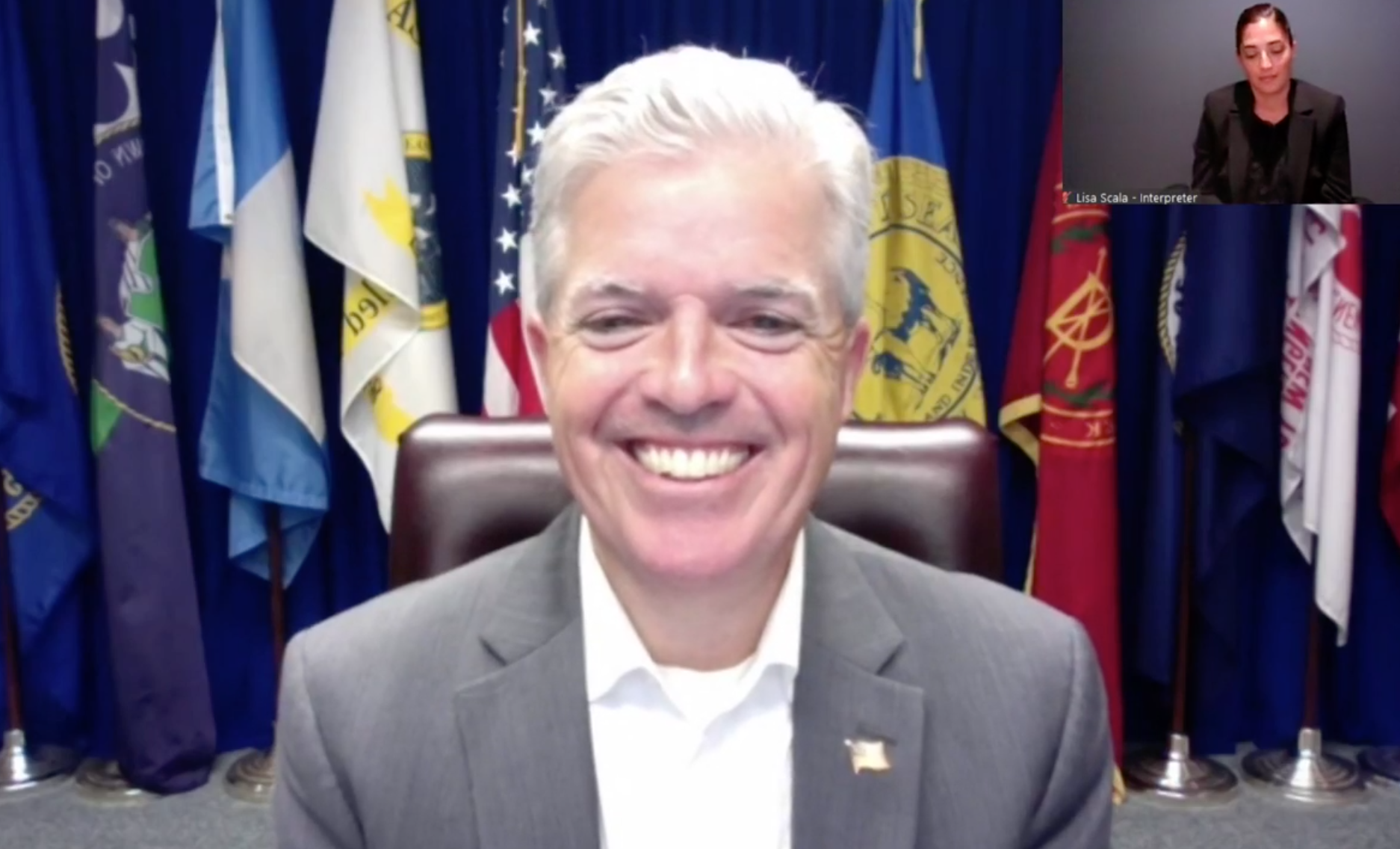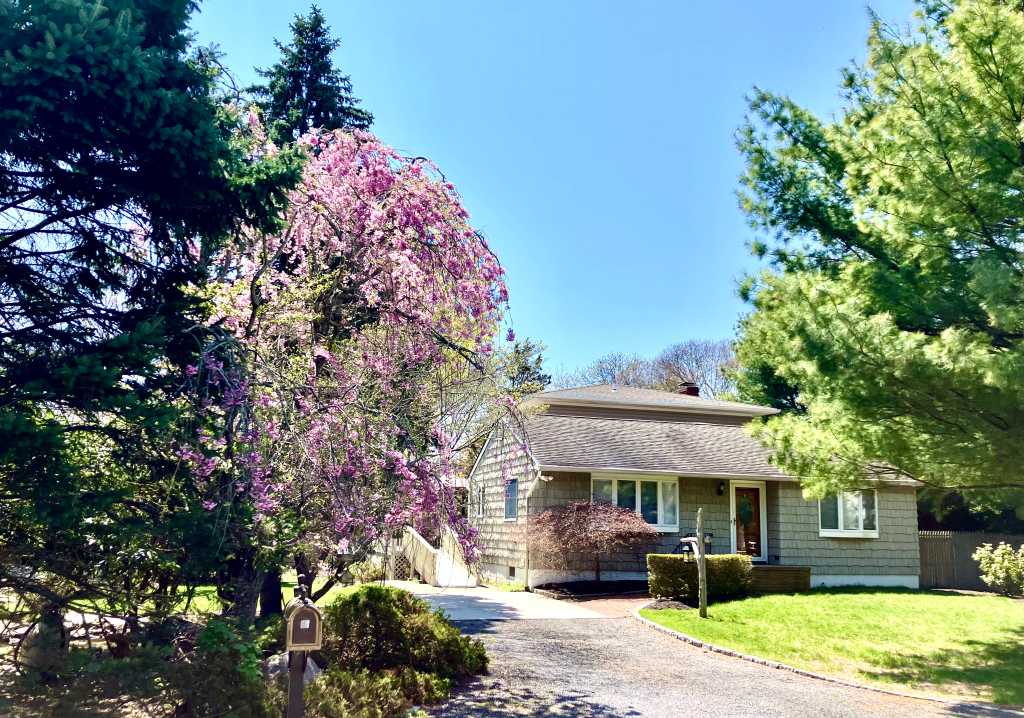Phase 4 Arrives on Long Island, But Some Businesses Still Can't Open

Phase 4 of the reopening process following the COVID-19 shutdown arrived Wednesday on Long Island, four months after the first case was diagnosed in Suffolk County.
“As we enter Phase 4 today, it’s important to remember . . . that there are a number of businesses that cannot open and do not have a direction yet on what they will be doing,” Suffolk County Executive Steve Bellone said during his daily briefing on Wednesday afternoon.
Gyms, bowling alleys, movie theaters and catering facilities still can’t reopen their doors just yet.
In this final phase, social gatherings of up to 50 people are now allowed. Museums, historic sites and cultural institutions, both indoors and out, officially reopened their doors. Indoor arts and entertainment locales are restricted to 25 percent of maximum capacity and have to take steps to reduce bi-directional traffic. Social distancing and the use of face coverings are, of course, still in place.
Higher education is allowed to resume in-person classes, with certain restrictions. In fact, just last week, Suffolk County Community College, which has a campus in Riverhead, announced its plan to reopen for the fall semester. The Hamptons could once again see on-location filming, as media production is also now permitted. And, professional sports teams may also suit back up for play, just without cheering fans.
Bellone said that county officials have been speaking with people in the still shutdown industries on how to reopen in a safe way, even with a reduced capacity. He focused on gyms during the call Wednesday afternoon, noting that he has heard directly from struggling gym owners, who are losing customers and revenue. Many have not been able to secure rent deferrals, he said. Some have closed down their doors for good.
The county executive said he is not just talking about larger chain gyms, but about small businesses that are “reimagining their operations.” They want to be apart of the solution, he said. “Many of them have spent months developing their own health and safety plans. . .”
A phased-in approach where gyms first can reopen with individual sessions and reservation-based classes could test the waters, an approach Bellone said is no different than what’s been achieved with restaurant reopenings. Gym capacity could be increased over time.
“We need to get people moving again. So we need to get gyms open again,” he said. As someone who has done long distance racing, Bellone said he knows, “I know this isn’t a sprint. It’s a marathon. You have to get started though.”
Bellone said there is a potential that some industries just won’t be able to fully open until a vaccine is formulated or the virus is truly contained.
Also on Wednesday, the first day of Phase 4 in Suffolk County, Bellone announced he would be ending his daily press briefings on the county’s response to COVID-19 after 122 straight days. The virtual briefings, which began March 8, have streamed live on Facebook for the public to watch, as well.
“As we enter Phase 4 of reopening, I am hopeful of where we are going, but we must not forget where we came from. Long Islanders are strong, resilient, and time and time again we prove we can accomplish the impossible,” he said.
The county’s first confirmed case came just one day later, on March 9. Bellone recalled how different life was then. The economy was open and strong, sales tax revenue was up, and the county was on track for a budget surplus for the second straight year.
Five days later, Deputy County Executive Peter Scully became the first county employee to test positive. Bellone went into quarantine in the back of his house, he said.
The next day, the schools closed. “We were in full crisis mode,” he remembered.
“Here we are four months later on July 8, we’ve reached the final stage of the reopening of our economy. We’ve been up the mountain and we’ve made it down the other side,” Bellone said. “Today marks a new stage in this unprecedented event that we are responding too.”
To commemorate the obstacles overcome during the pandemic, the county executive released a video highlighting significant milestones, from the first COVID-19 related death on March 16 to the the first day with zero COVID-19 fatalities.
Briefings will be held on an as needed basis. Updates will continue to be available online.
In light of the media’s assistance with getting information to the public during the pandemic, the county executive announced July 8 will be local media appreciation day “to commemorate the historic work being done to contain this virus and save lives.”




